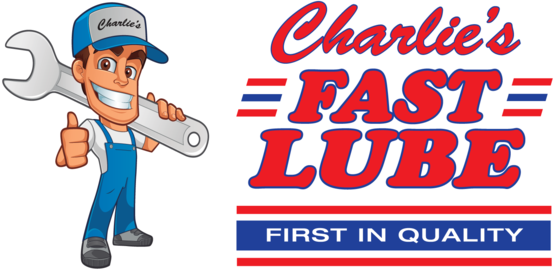Always on Guard (TMPS)
August 11, 2024
One of the most important things you can do to keep your vehicle running safely is to make sure your tires are properly inflated. If one or more is vastly over- or underinflated, that has the potential to cause major handling problems and may result in a dangerous accident.
All vehicles in recent years are equipped with Tire Pressure Monitoring Systems, or TPMS. One system uses small sensors in the tires that continually check the pressure in each tire. That sensor sends a signal to computers in your vehicle which turns on an instrument panel light warning of low pressure when at least one is very low. Or it may update a numeric reading on your instrument panel which gives you an approximation of how many PSI (pounds per square inch) of air is in each tire.
Another system works with your antilock brake system to measure the size of your vehicle’s tires. When one wheel is going faster than another, it will spin faster. A computer sees that and alerts you that tire’s diameter is smaller than the others and therefore must be underinflated.
No matter what system you have, it’s also helpful for you to know how much pressure each tire is supposed to be inflated to. You can find that on a label on the driver’s side door sill. In addition, the TPMS system should not be used as a substitute for checking your tires with a tire gauge since the TPMS accuracy usually isn’t quite as precise. Keep in mind that tire sensors can fail, so each system acts as a backup for the other.
Since many vehicles these days don’t have spare tires, it’s good to know that your TPMS can warn you if you have a leak in one of your tires. If you get a low-pressure warning, many systems will tell you which tire is low, so you can do your own visual check. Often you can see if you’ve picked up a nail or a screw if it’s sticking out of the tread or near the sidewall.
Being able to receive an early warning from your vehicle of abnormal tire pressure may give you a chance to safely drive to a service center before your tire slowly goes completely flat (which can ruin the tire and badly damage the rim). It also may ultimately prevent you from being stranded somewhere with a flat tire or, most importantly, having a sudden blowout on the road.
Charlie's Fast Lube Sikeston
2017 E. Malone
Sikeston, Missouri 63801
573-472-1139
http://www.charliesfastlubesikeston.com
Need Service?
More articles from Charlie's Fast Lube Sikeston

In That Case? (Transfer Case Exchange)
January 25, 2026
Ever wonder how all-wheel-drive or 4-wheel-drive vehicles get the power from the engine to the front and rear wheels? The magic happens in what's called a transfer case. In some all-wheel-drive vehicles, it's sometime called a power take-off unit, or PTU. Inside the transfer case is a set of gea... More

In the Red (Why a Vehicle Overheats)
January 18, 2026
Heat is one thing that can damage a vehicle, especially if a problem isnt taken care of soon. Be on the lookout for signs that its getting too hot in some parts of your vehicle, starting with the most obvious one: the heat gauge/warning light on your instrument panel. When you see that heat gaug... More

The Cable Guy (Battery Cables and Maintenance)
January 11, 2026
If you've ever noticed your vehicle's lights are dim or not working at all, the problem could be many things. But one possibility is your battery cables aren't doing their job. A power outage in your vehicle is similar to one in your house and needs to be repaired to get things back to normal. ... More










